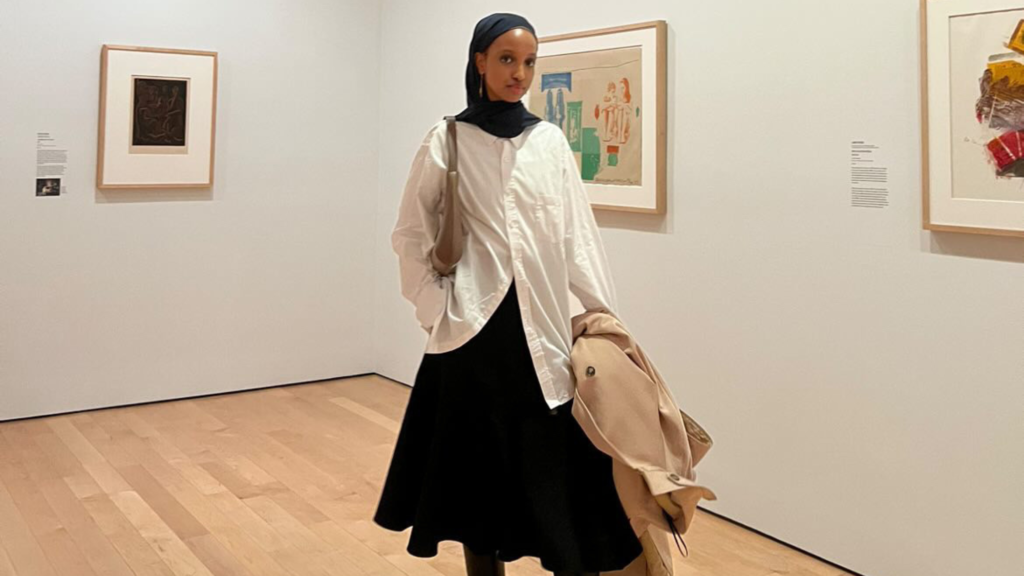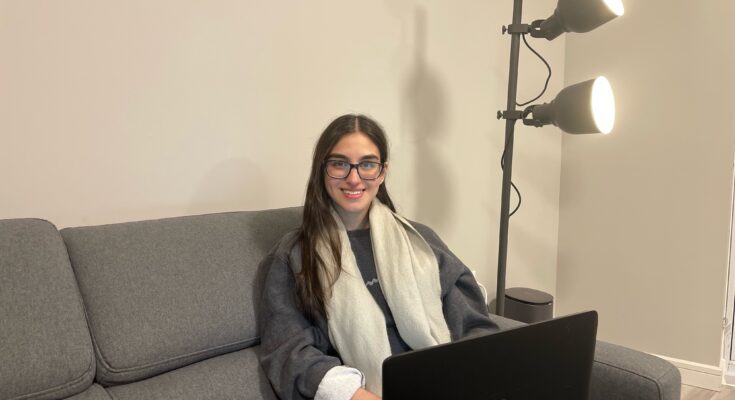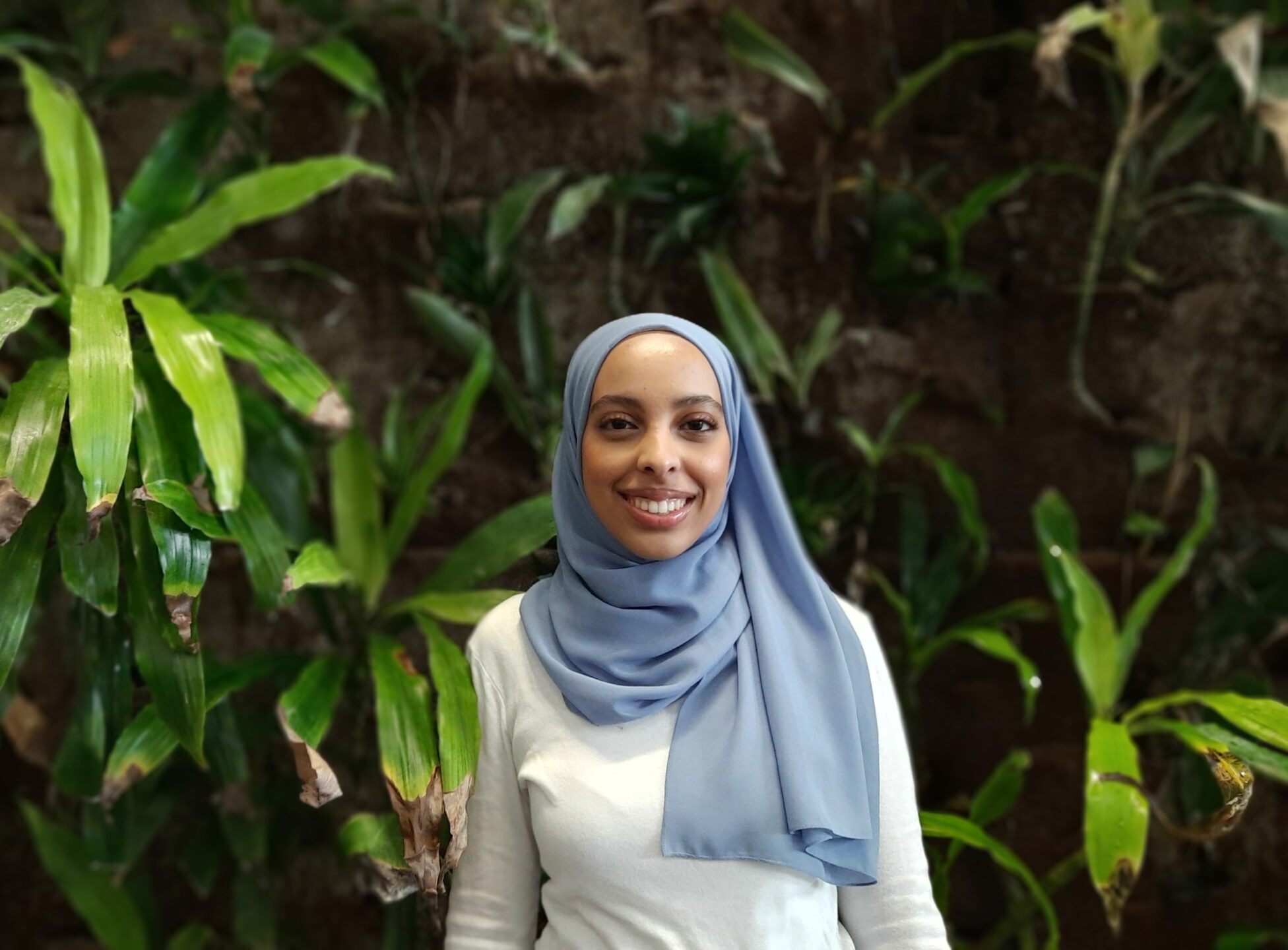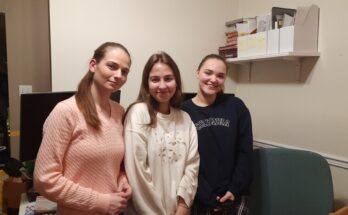By: Zuhra Jibril
Tatiana Giannidis isn’t where she’d planned to be. By now the 21-year-old, who graduated from the medical sciences program at Brock University in June, hoped to be in grad school. Instead she is waiting to hear about a January start. “I had hoped I would be in a different place academically,” Giannidis said.
The Oakville, Ont. resident is currently working on multiple research studies at McMaster University.
She said she feels like the pandemic and online school delayed her timelines and her ability to get into medical school.
“Trying to network, do meetings, get references for jobs is 10 times harder. No one wants to give out recommendations anymore because they haven’t seen you in class,” Giannidis said. “No one wants to set up an in person meeting and have a human interaction.”
Not yet 22, Giannidis said she feels as if she has already had a quarter-life crisis.
“My quarter-life crisis was starting to see everyone else in their professional jobs. Whether it was seeing someone in dentistry school, chiropractic school, med school or maybe someone in the process of becoming a physician,” she said.
“COVID acted like a pressure cooker. Everyone was either getting engaged and married or breaking up. It either worked in their advantage or it didn’t.”
The term quarter-life crisis isn’t new. Across the internet, there are references to a kind of anxiety felt by people in their 20s about their futures.
But some fear the pandemic has accelerated their own quarter-life crises as they face the challenges of adapting to a “new normal.”
“From the age of 20 to 29 are your most crucial years of someone’s life, aside from childhood, because you’re actually forming the person you’re going to be for the rest of your life and you either make it or break it and that’s a lot of pressure to put on someone,” Giannidis said.
Suzanne Duc is a registered psychotherapist in Ottawa who treats adults.
“For people in their 20s, we typically look at what are the issues that are facing someone at that stage of life,” Duc said Friday. “They are typically seeking a relationship, meaning they are looking at dating. They are looking to transition from school to their first job, or first career placement.
“They are also looking to live independently and transition from living with their parents. They are looking to buy their first home, and they are not yet established.”
Duc said in her interactions with clients she has observed the effects of isolation, rapid change and uncertainty through COVID-19.
Social media pressure
Hamza Asif, 26, graduated with a bachelor of science in kinesiology and health sciences from York University in 2019 and then completed a regulatory affairs certificate at Algonquin College in 2022.
After graduating, the Vaughan, Ont. resident took a remote job with a life insurance company, a job outside his field of study.
“In the beginning I thought it was an opportunity to work remotely, work extra hours, make more money,” he said. But after a couple of years he missed social interaction.
“After about a year, my routine was really really messed up, even in my personal life because there’s no boundary between work life and personal life.”
After a remote co-op stint with Health Canada and continued work with the insurance company in the fall, Asif finally secured a permanent position with Health Canada, two years after graduating.
During the pandemic, Asif said, it was difficult to build connections and find mentors. He said he felt like he was losing sight of what he wanted to do, and scrolling on social media didn’t make it any easier.
“Everyone is seeing their peers and contemporaries succeed in different parts of the world and they want to copy that,” he said. “So, I think it’s this innate sense of competition. This person is doing this and I’m the same age as this person, so I want to do that too.”
Asif said that seeing other people his age enjoy success online makes him want to enjoy the luxuries he sees on social media too.
Now in her fourth year of the global and international studies program at Carleton University, Ikram Farah also talks about social media pressures, even though the pandemic did not necessarily affect her academic or professional life.
But after years of online school, the 21-year-old said the social element was hard for her to deal with. She said the quarter-life crisis she felt stemmed from the lost time that she wished she could have used to make more memories.
“I feel like I lost the university experience, like being able to join clubs but now I’m unaware of what’s going on,” Farah said.
She explained that although she was able to spend more time with family and strengthen family relations, she still missed out on the memories she could have made with friends.

Finding resilience
Julia Matar, 23, said despite experiencing a quarter-life crisis, she is trying to shift her perspective.
An international student from Lebanon who is now in her third year studying industrial design at Carleton University said she looks at the pandemic as something that has made her stronger and more resilient.
“Work on your mindset, because if you think negatively that’s going to affect you and it’s going to affect how you see the world,” Matar said.
She is focusing on being intentionally more mindful and living in the present. She said a lot of the pressures we put on ourselves and anxieties about the future are because we tend to live in the future and the past, not the present real moment.
“Everyone will go through a crisis in life,” she said. “When you face those painful moments and you heal, that’s when you become truly happy and appreciate life more.”




